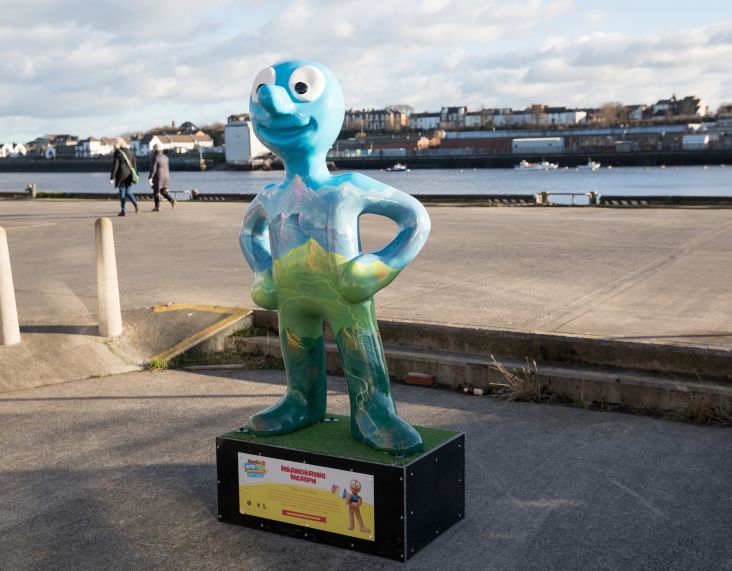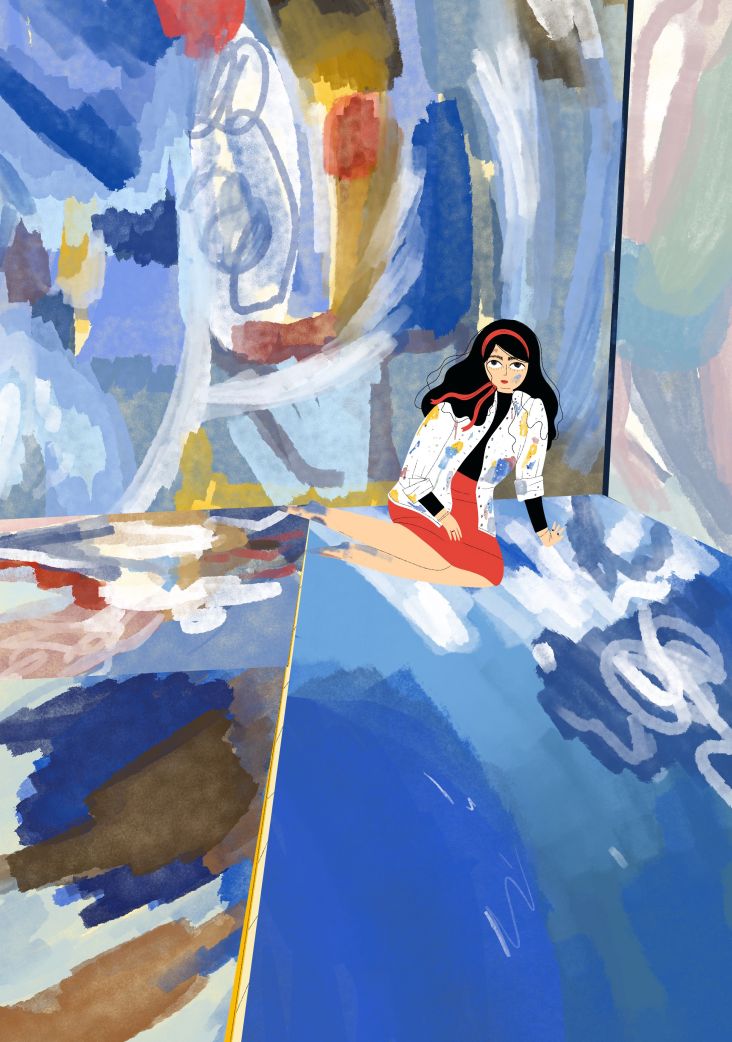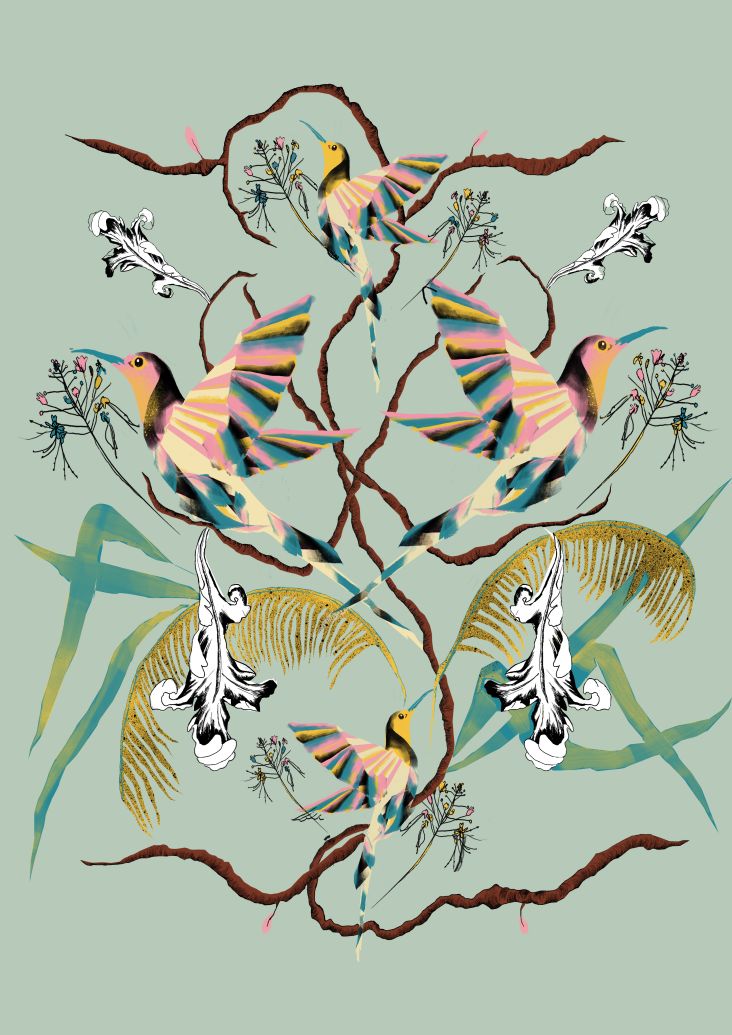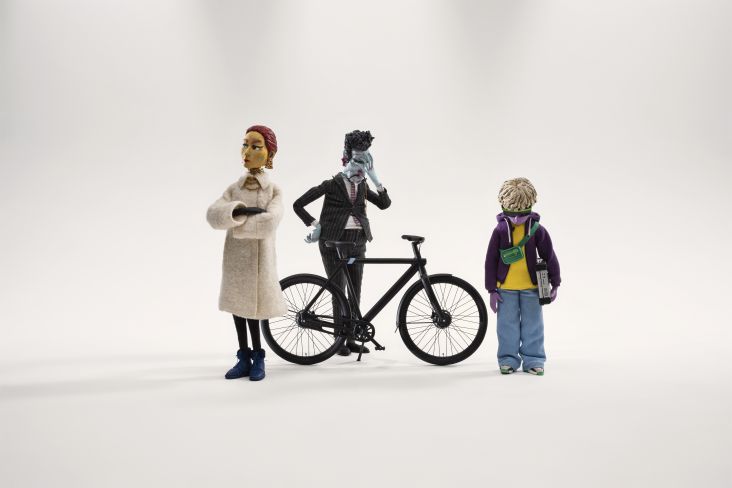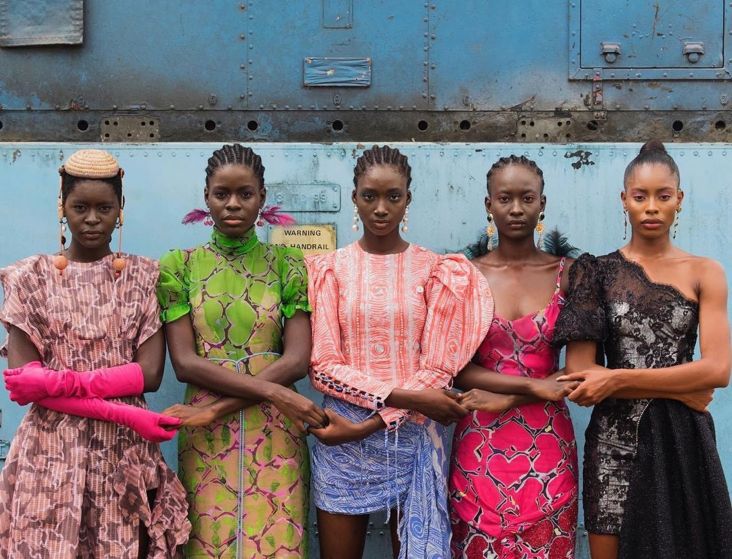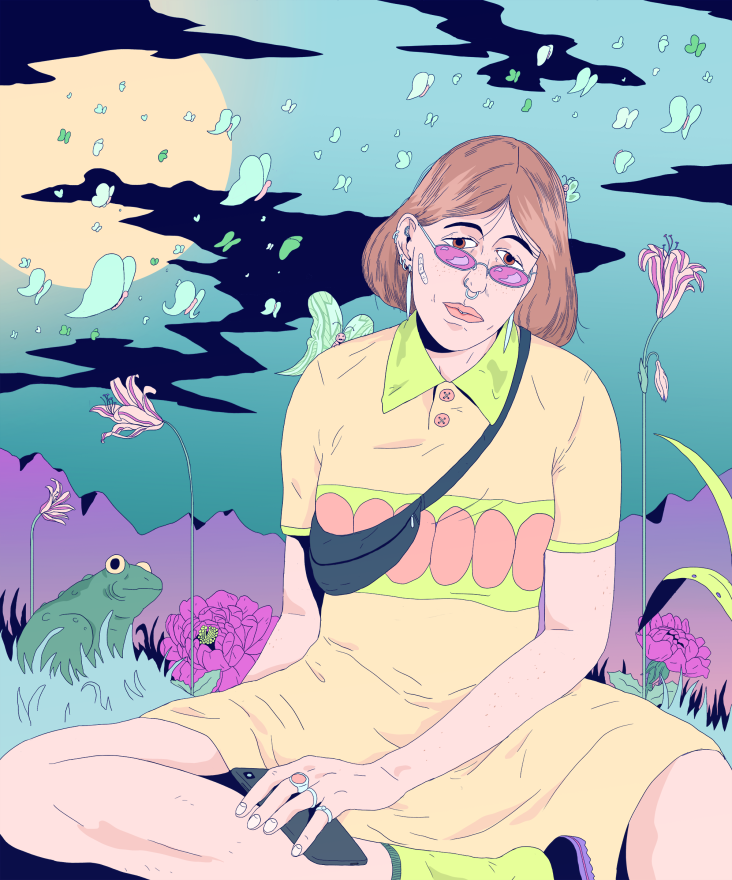Muse is a sex education kit for girls and women that celebrates our happy and healthy bodies
How can we take ownership of our female bodies? Célia Marchessaux might have the answer. A product designer currently enrolled on the Product Design MA programme at the Royal College of Art, she is the genius behind Muse, an educational kit that aims to help young girls and women better understand their bodies.
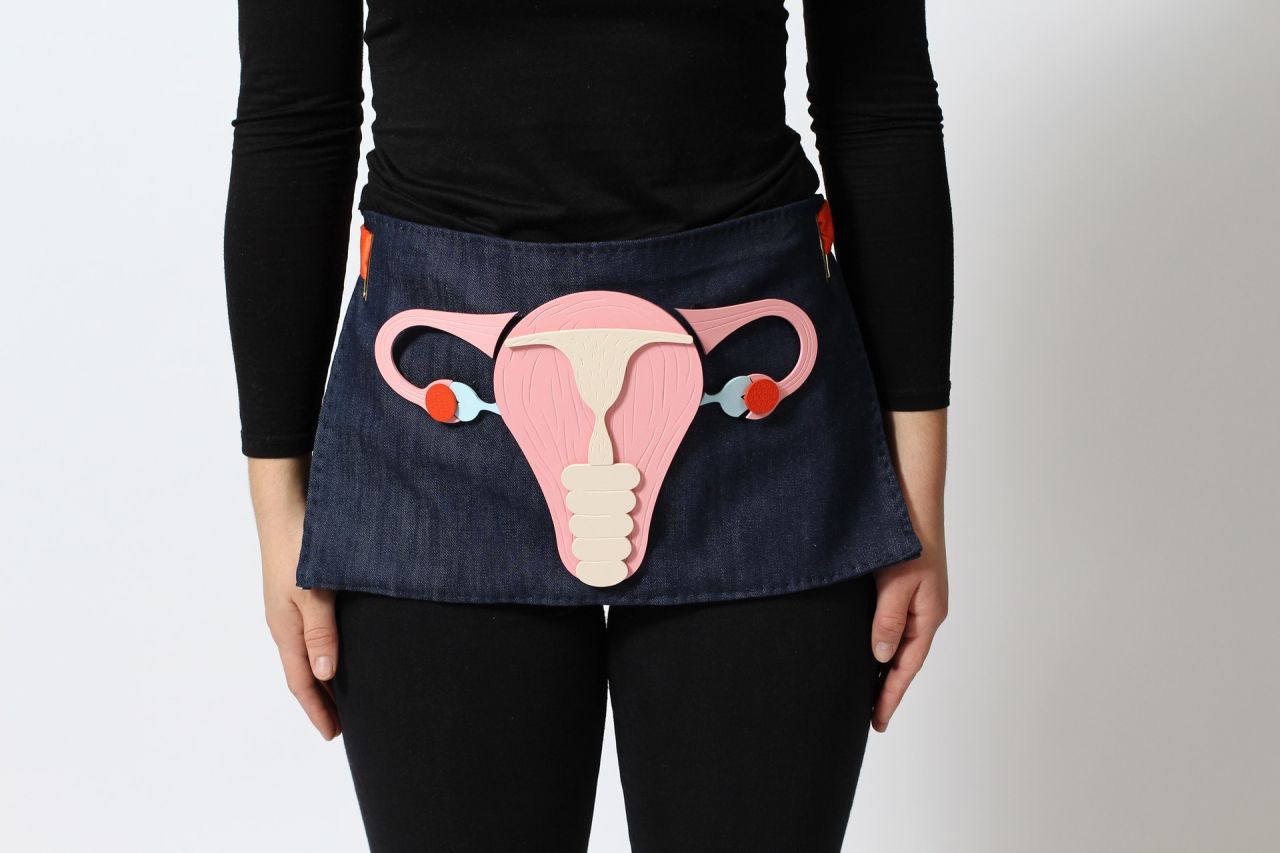
Presented in a box, the kit contains educational objects and cards that hope to address those "taboo" topics of body exploration and sex to support young girls to become "informed and empowered women". The cards start just before puberty and accompany the users through their journey. From 'My New Body' and 'My Happy Body' to 'My Healthy Body' and 'My Changing Body', these are things many generations before could have benefited from when dealing with the mysteries and frustrations of puberty.
"Growing up as a woman in a male-centred society can be a struggle," says Célia. "Girls are often isolated regarding body exploration and sexual education. Topics such as body and sexuality are surrounded by shame. They are not often addressed within the family, not completely at school, and at a young age, girls are not talking about it. "The embarrassment of the parents often leads to avoiding the topics. However, it has been proved that not talking about it increases the risk of early unwanted pregnancy and diseases. Girls must be aware of their bodies and able to put words into action to protect them."
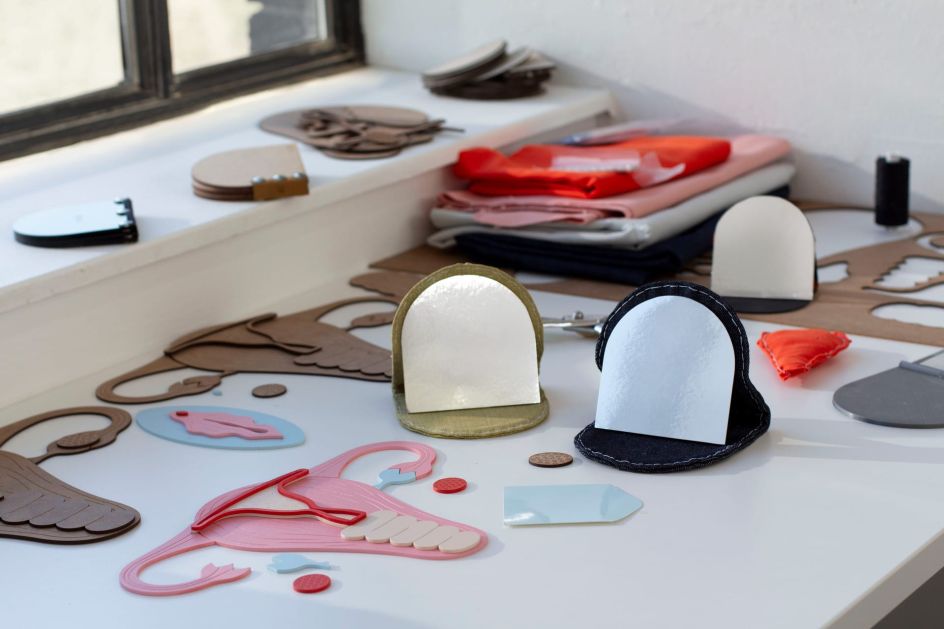
Of the cards, the first chapter tackles topics such as first periods and puberty and intends to understand the beautiful variety of female bodies in the world. The second chapter is about desire, pleasure and consent. It also talks about gender and the importance of feeling at home in our bodies. "It was essential to me to put 'My Happy Body' before 'My Healthy Body', knowing that most of the time, if the family is giving a 'sexual education' to their daughters, they only reached out the 'risk aspect' of it and are not addressing aspects like pleasure," Célia explains.
The third chapter focuses on the different contraceptive methods, discusses sexual diseases and aims to instil new rituals of self-check-in. Meanwhile, the fourth chapter is meant to follow women through the rest of life with their evolving bodies and involves topics such as 'pregnancy or not pregnancy?', menopause, and so on.
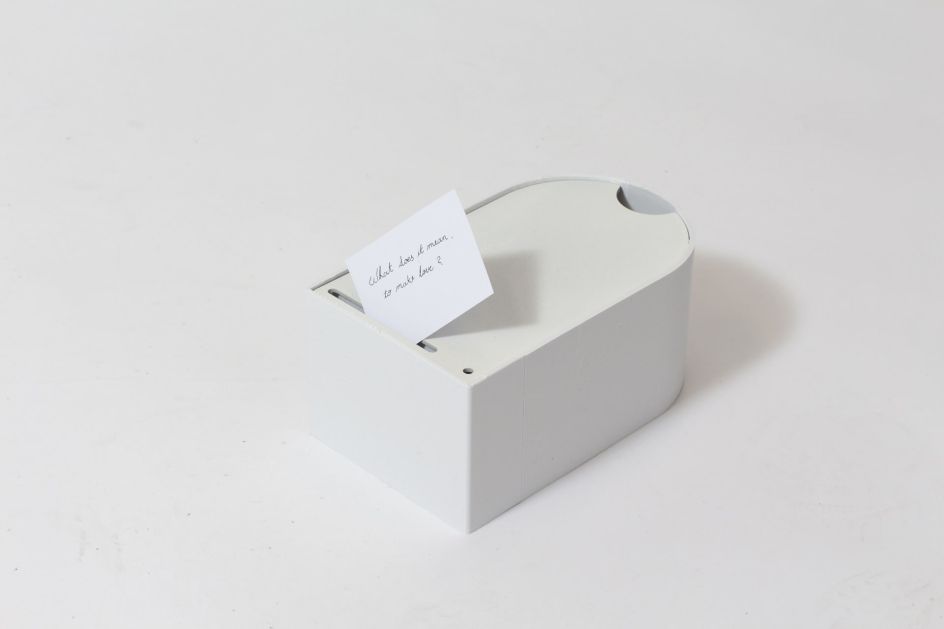
Going back to that initial question of how we can have ownership of our bodies, Célia believes that "going to the gynaecologist is often experienced as a moment of shame while we allow a stranger to look at our intimate parts". She asks: "How can we start embracing this part of our bodies?"
Alongside the cards is a mirror – a universal object aiming to normalise bodies and open conversations. "This mirror would follow women and help them navigate through different layers of life. I believe that the action of a parent giving their young daughters a box containing a mirror and encouraging them to look at themselves would have a huge impact," she says. "I am convinced that we have to encourage girls to face their bodies, to stop the silence and the shame surrounding it, to shape a new generation that feels differently, thinks differently and has a different relationship to their bodies and sexuality. The mirror aims to initiate new rituals and teach women a new way of looking at their bodies."
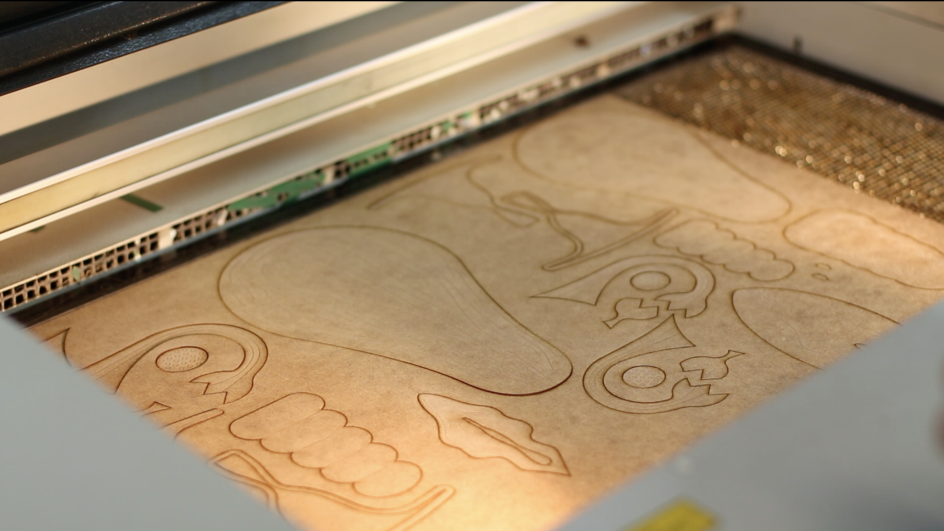
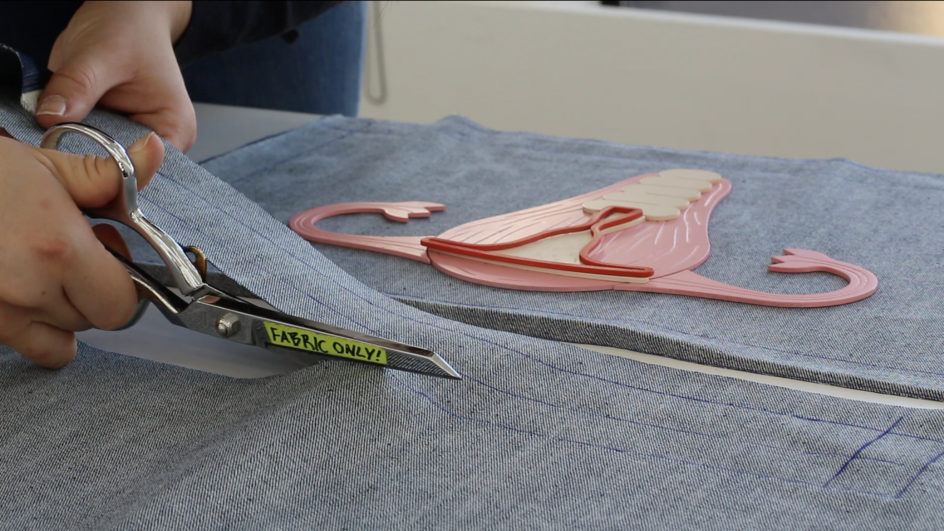
There's also a 'Question Box' that contains an opening that allows a child to drop in a question. "The idea is that a parent will then have some time to analyse it and answer properly at a later date. That's if they feel they're not ready or uncomfortable about responding immediately," she says. "The box aims to engage caring conversions between parents and children, knowing that sexual education is still a taboo in families."
Finally, there's a reproductive system puzzle where the female reproductive system is shared in all its wonderful glory, from the uterus and ovaries to the vagina and oviducts. "The notion of the body was one of the key elements of my master dissertation, and the concept of women-centred design was really important to me," Célia says when asked about the inspiration behind the project. "It was born from conversations with friends and a personal process of reflection that I started a couple of years ago regarding how women are raised in our society and how my family raised me.
"During my research, I was surprised to observe the abjection around it and the lack of knowledge. I first assumed that the 'taboo' linked to it would mainly concern men. However, I realised a lot of women are not informed enough and feel a sort of disgust regarding those organs. Knowing the female reproductive system is crucial and not only the responsibility of women. Understanding it allows us to emphasise the internal life of the female body – periods, pregnancy, and the hormone cycle. This is such an amazing system. It is where life starts. We should celebrate it."
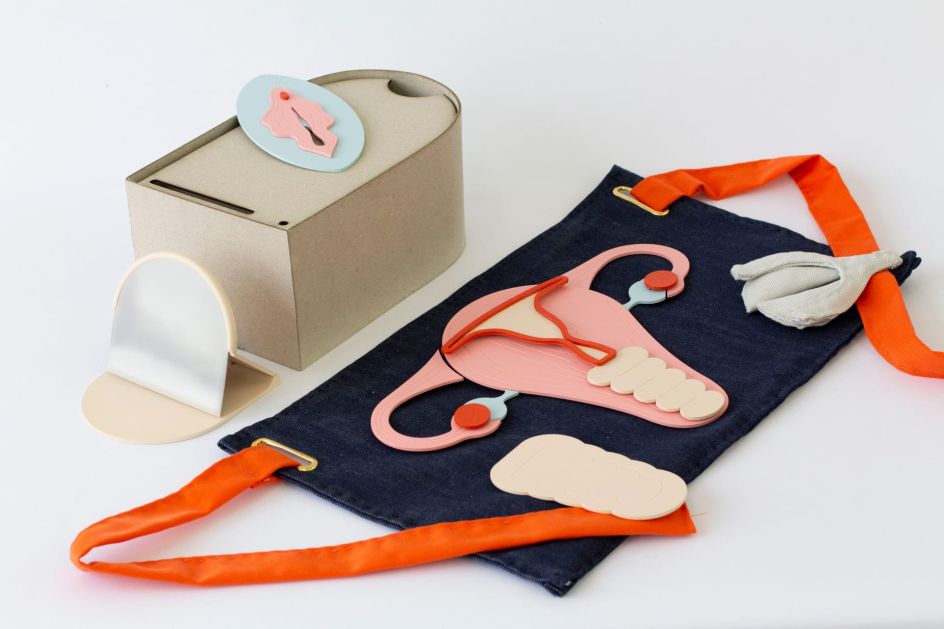
Célia herself admits she didn't have proper sex education at home. "I was part of those numerous girls that were only told about 'the risks'. Notions like pleasure and consent were not addressed. Reflecting on that, I realise we must completely rethink how we educate children. I believe in the 'raise your sons to protect your daughters'. We need to shift the status quo. Parents are not always to blame since they were not given the tools to do things right. Today, it is important to acknowledge that sexual education is key to protecting our children. We need to empower parents to do so."
What does Célia hope her Muse kit will achieve? "I hope it helps to raise a new generation of women that feels differently, thinks differently and has a different relationship to their bodies and sexuality," she tells us. "It was really important to me to start my journey with a women-centred approach since shame is stranger regarding women and their bodies. However, I am aware that this is a systemic issue, so I intend to develop a kit that involves all genders."
"I would love to see more clitoris everywhere," she adds. "Everyone knows how to draw a penis. Many voices have been raised in the last decade about the clitoris, but it is still not democratised. I hope that one day everyone will be able to draw a clitoris. I also wish that female masturbation would be finally normalised in society. Finally, I expect the government to increase budgets to invite experts in schools to engage in conversations around those topics."
Célia is in her second year at the Royal College of Art in London, studying Design Through Making. Muse has been created as part of her course. To learn more about Célia and the programme, visit www.rca.ac.uk.
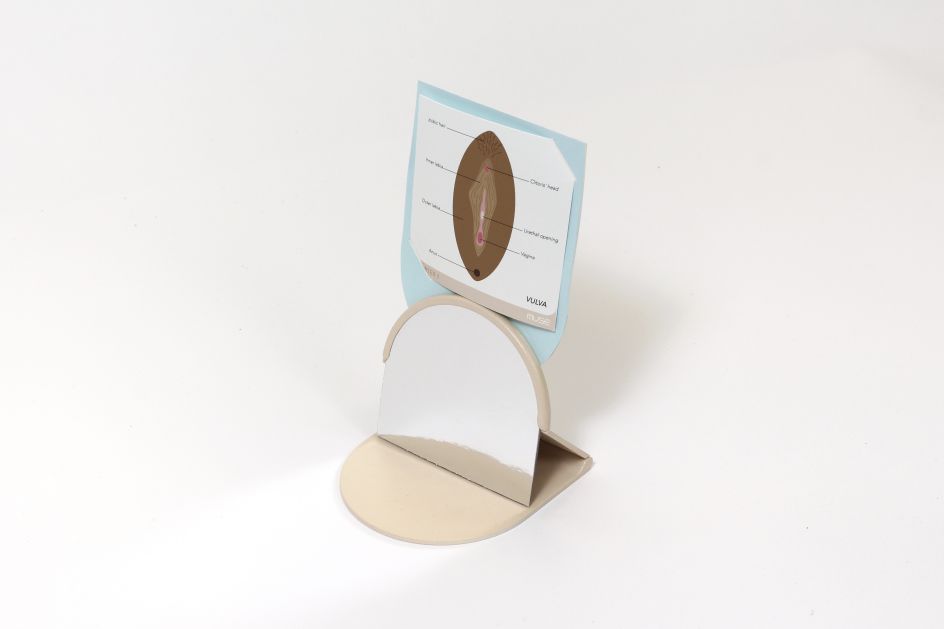




 by Tüpokompanii](https://www.creativeboom.com/upload/articles/58/58684538770fb5b428dc1882f7a732f153500153_732.jpg)


 using <a href="https://www.ohnotype.co/fonts/obviously" target="_blank">Obviously</a> by Oh No Type Co., Art Director, Brand & Creative—Spotify](https://www.creativeboom.com/upload/articles/6e/6ed31eddc26fa563f213fc76d6993dab9231ffe4_732.jpg)








